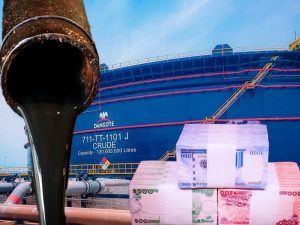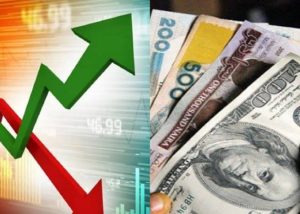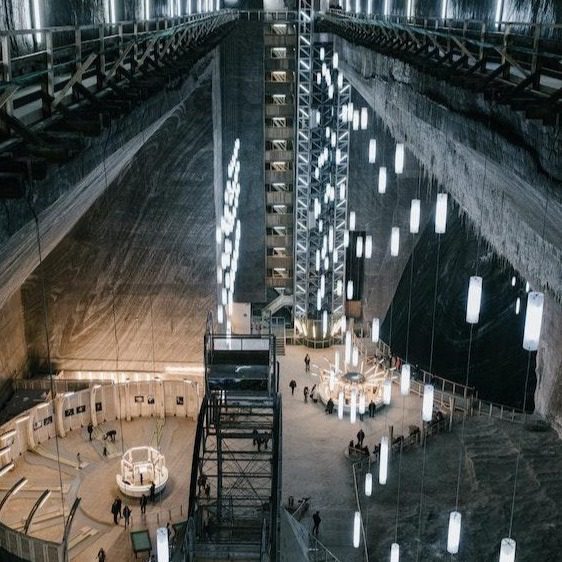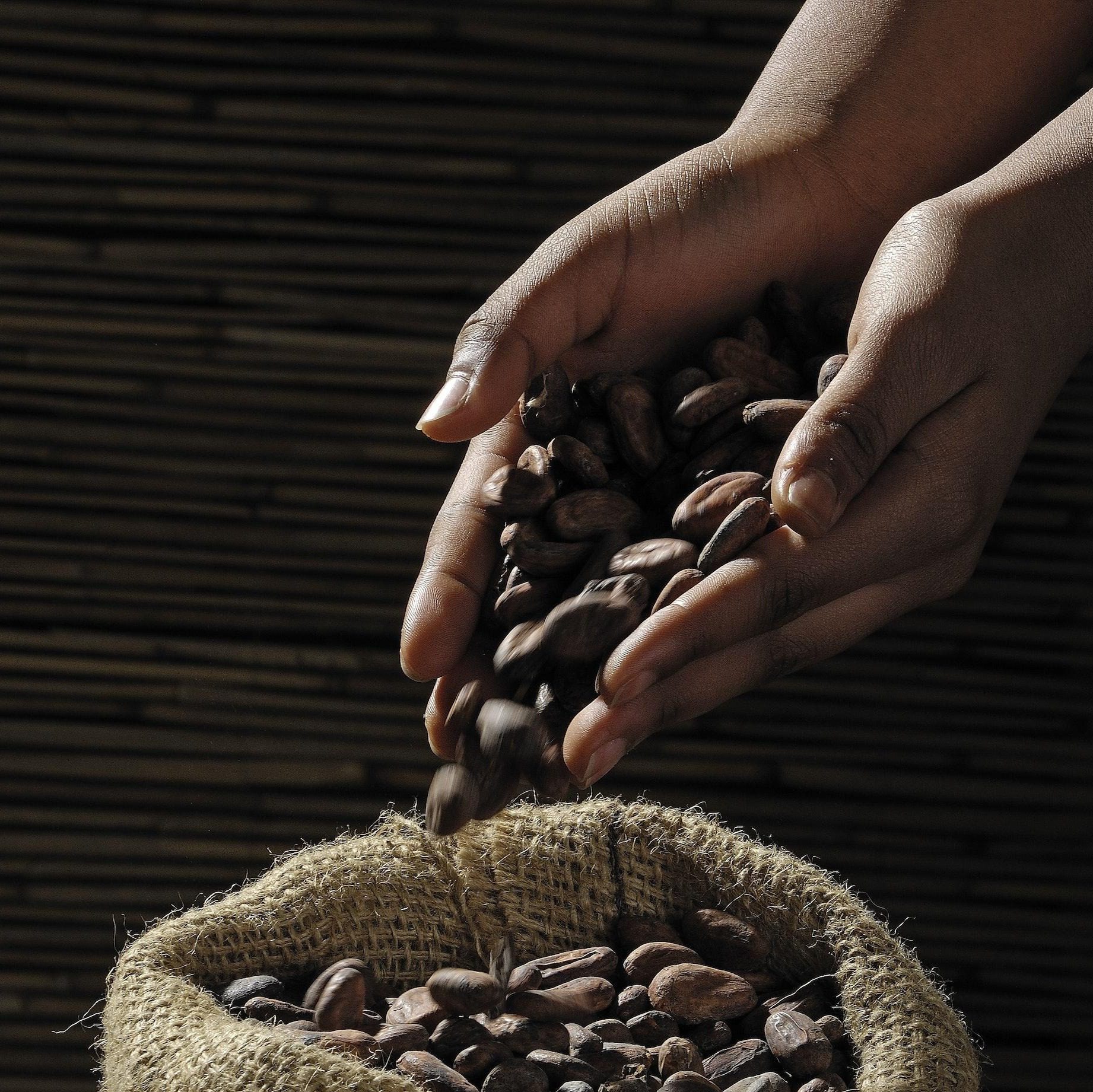NAIRA-FOR-CRUDE: DANGOTE GETS NNPCL’S FIRST SUPPLY
The Dangote Petroleum Refinery has received four cargoes of crude oil from the Nigerian National Petroleum Company Limited under the naira-for-crude sale agreement, officials of the refinery and the Federal Government confirmed on Tuesday. It was gathered that the four cargoes of crude were delivered to the refinery within the past three weeks when the government kick-started the sale of crude to local refineries in the local currency. Informed sources about the local crude sale deal told our correspondent that the refinery was still waiting to receive more crude oil cargoes from NNPCL, the organisation managing the country’s hydrocarbon resources. They also confirmed that the $20bn Lekki-based plant was now set to begin the direct sale of refined Premium Motor Spirit, popularly called petrol, to domestic dealers. A source close to the Technical Subcommittee on Domestic Sale of Crude Oil in Local Currency, who did not want to be mentioned because he was not permitted to speak with the press, confirmed to The PUNCH that “more cargoes (of crude) would be delivered to the Dangote refinery in the coming weeks.” The official disclosed that the programme started with the Dangote refinery as the only petrol-producing facility in Nigeria at the moment. Speaking with our correspondent, a senior official of the refinery confirmed the development, saying the first phase of the naira-crude sale agreement would last for six months unless it is renewed by the Federal Government.

IMF PROJECTS STABILITY AS NAIRA DROPS TO 1,654.09/$
The International Monetary Fund has reported that the naira is showing signs of stabilisation, attributing this to recent interest rate hikes and efforts by the Central Bank of Nigeria to address foreign exchange backlogs.The IMF disclosed this in its latest Global Financial Stability Report, which was seen by The PUNCH on Wednesday.According to the fund, the CBN’s interventions to clear overdue foreign exchange obligations have played a critical role in stabilising the currency. The IMF report read, “Policy actions by local authorities have also resulted in positive developments; for example, in Nigeria, rate hikes and the clearing of overdue domestic central bank foreign exchange obligations have helped the naira show more signs of stability.” However, the latest data from the FMDQ Exchange indicates that the naira fell slightly from N1,653.02 per dollar on Tuesday, October 22, 2024, to N1,654.09/$ on Wednesday, October 23, 2024, representing a marginal depreciation of 0.06 per cent. Foreign exchange turnover also dropped significantly by 22.41 per cent, declining from $176.15m on Tuesday to $136.68m on Wednesday. The IMF’s assessment comes amid ongoing efforts by Nigerian authorities to stabilise the foreign exchange market and improve liquidity. However, the sharp drop in FX turnover reflects continued challenges in balancing demand and supply within the market. The World Bank, in its latest edition of Africa’s Pulse, stated that the naira was among the worst-performing currencies in Sub-Saharan Africa in 2024. As of the end of August 2024, the naira had depreciated by approximately 43 per cent year-to-date, making it one of the region’s weakest currencies alongside the Ethiopian birr and South Sudanese pound. The depreciation of the naira is attributed to several factors, including surging demand for United States dollars in the parallel market, limited dollar inflows, and delays in foreign exchange disbursements by Nigeria’s central bank.

WHY FG CAN’T LOWER INTEREST RATE NOW – MPC MEMBERS
The Governor of the Central Bank of Nigeria, Olayemi Cardoso, along with other members of the Monetary Policy Committee, believed that lowering or maintaining the benchmark interest rate during the last Monetary Policy Meeting in September would have been a premature decision. In the personal statement of the MPC members published on the CBN website on Thursday, the CBN governor and some other members of the committee expressed concerns about a reversal in the inflationary trend, which had declined in the two months prior. Recall that at the September meeting, the MPC raised the MPR by 50 basis points to 27.25 per cent from 26.75 per cent, retained the asymmetric corridor around the MPR at +500/-100 basis points, raised the cash reserve ratio of deposit money banks by 500 basis points to 50.00 per cent from 45.00 per cent and merchant banks by 200 basis points to 16 per cent from 14 per cent and retained the liquidity ratio at 30.00 per cent. In his statement, Cardoso said, “There is a general sentiment that the Committee should hold or loosen policy rate in light of the observed decelerations in headline inflation and the perceived adverse effects of tight monetary policy on the economic recovery and general well-being of Nigerians. “This, in my judgment, will be premature because in as much as the effects of previous hikes have been effective in altering the trajectory of inflation, the balance of risks indicates that these gains may be reversed if we do not maintain a tight stance to mitigate the tailwinds.” He added that on the global scene, the emergence of a moderate to positive outlook and the broad expectation of a soft landing in advanced economies was transmitting to a lowering cycle of policy rates. “Whilst this is encouraging for emerging economies from a capital flows perspective, it is important to note that the destination of capital is ultimately driven by real returns on investments. Consequently, we must continue with the ongoing reforms to position Nigeria ahead of other emerging market economies and take policy and administrative measures to deliver positive real interest rates in the near term.
NAIRA DEVALUATION PUSHES FG, STATES DEBTS TO N134TN
Nigeria’s total public debt stock surged by N12.6tn in three months to N134.3tn ($91.3bn) by the end of the second quarter of 2024, The PUNCH reports. This is a 10.35 per cent increase from the N121.7tn ($91.5bn) recorded in the first quarter of this year. The rise has been attributed primarily to the devaluation of the naira, according to an official document seen by The PUNCH, which was presented at a session on the sidelines of the World Bank/IMF annual meetings in Washington DC as Nigeria hosted foreign investors. The document stated, “In Q2 2024, the debt stock grew in naira terms to N134.3tn ($91.3bn) from N121.7tn ($91.5bn) in Q1 2024, driven mainly by exchange rate devaluation. The dollar amount of debt was roughly the same.” Although it looked like Nigeria’s debt is reducing in dollar terms, The PUNCH observed that there was an increase of N5.55tn or 8.45 per cent in domestic debt, from N65.65tn in Q1 2024 to N71.2tn by Q2 2024. Also, there was an increase of $780m in external debt from $42.12 bn in the first quarter of this year to $42.9bn by June 2024. The document seen by The PUNCH showed that domestic debt continued to dominate Nigeria’s public debt portfolio in Q2 2024, accounting for 53 per cent of the total debt stock at N71.2tn ($48.4bn). External debt made up 47 per cent, amounting to N63.1tn ($42.9bn). The document also showed that Nigeria’s debt-to-GDP ratio has exceeded 50 per cent. It also showed that FGN Bonds represented 78 per cent of the domestic debt, affirming the government’s reliance on local bond markets for financing. Other domestic instruments include Nigerian Treasury Bills, Savings Bonds, Sukuk, Promissory Notes, and Green Bonds, indicating a diverse borrowing strategy.
BANKING STOCKS HIT N7.91TN MARKET CAP AMID FRESH RECAPITALISATION ROUND
Banking stocks on the Nigerian Exchange Limited recorded a market capitalization of N7.91 trillion at the close of trading on Friday.This comes as a second group of banks prepares to raise funds to meet the new capital requirements set by the Central Bank of Nigeria. The market cap of the 13 banks analysed by The PUNCH stood at N6.22tn as of June 3, indicating that between the time that the banks commenced their recapitalisation efforts and now, they have gained about N1.69tn or appreciated by 27.19 per cent. The financial institutions analysed include United Bank for Africa; Zenith Bank; Access Holdings; FBN Holdings and Ecobank. Others are Fidelity Bank; Guaranty Trust Holding Company; non-interest bank, Jaiz Bank; Sterling Financial Holding Company; Unity Bank; Wema Bank; FCMB Group and Stanbic IBTC Holdings. Within the period under review, the banks in the N1tn market cap club have also increased. From just two, GTCO and Zenith Bank on June 3 to four as of Friday as UBA and FBN Holdings swell the ranks. The Managing Director of Arthur Stevens Asset Management Limited, Tunde Amolegbe, affirmed that the recapitalisation exercise had boosted the market cap of the lenders, albeit indirectly. Amolegbe, a former resident/chairman of the Council of the Chartered Institute of Stockbrokers, said, “For banks that have raised additional capital, what you have seen is that their share prices have gone up although they have not allotted the shares, and the process has not finished; their share prices have reacted that they have finished the offer and the reason is simple.
- CAPITALDIGEST MARKET REVIEW, 09/02/2026February 9, 2026
- CAPITALDIGEST DAILYNEWS, 09/02/2026February 9, 2026
- CAPITALDIGEST MARKET REVIEW, 02/02/2026February 2, 2026
Enter your email address for receiving valuable newsletters.
- CAPITALDIGEST MARKET REVIEW, 09/02/2026U.S. DOLLAR REBOUND TO BE CUT SHORT BY RATE CUT BETS, DOUBTS OVER FED INDEPENDENCE:...February 9, 2026
- CAPITALDIGEST DAILYNEWS, 09/02/2026TAXES, FUEL HIKE SLOW BUSINESS GROWTH IN JANUARY – NESG REPORT The report showed that...February 9, 2026
- CAPITALDIGEST MARKET REVIEW, 02/02/2026DOLLAR WEAKENS ACROSS THE BOARD AS YEN CLIMBS ON INTERVENTION RISK The dollar moved sharply...February 2, 2026












